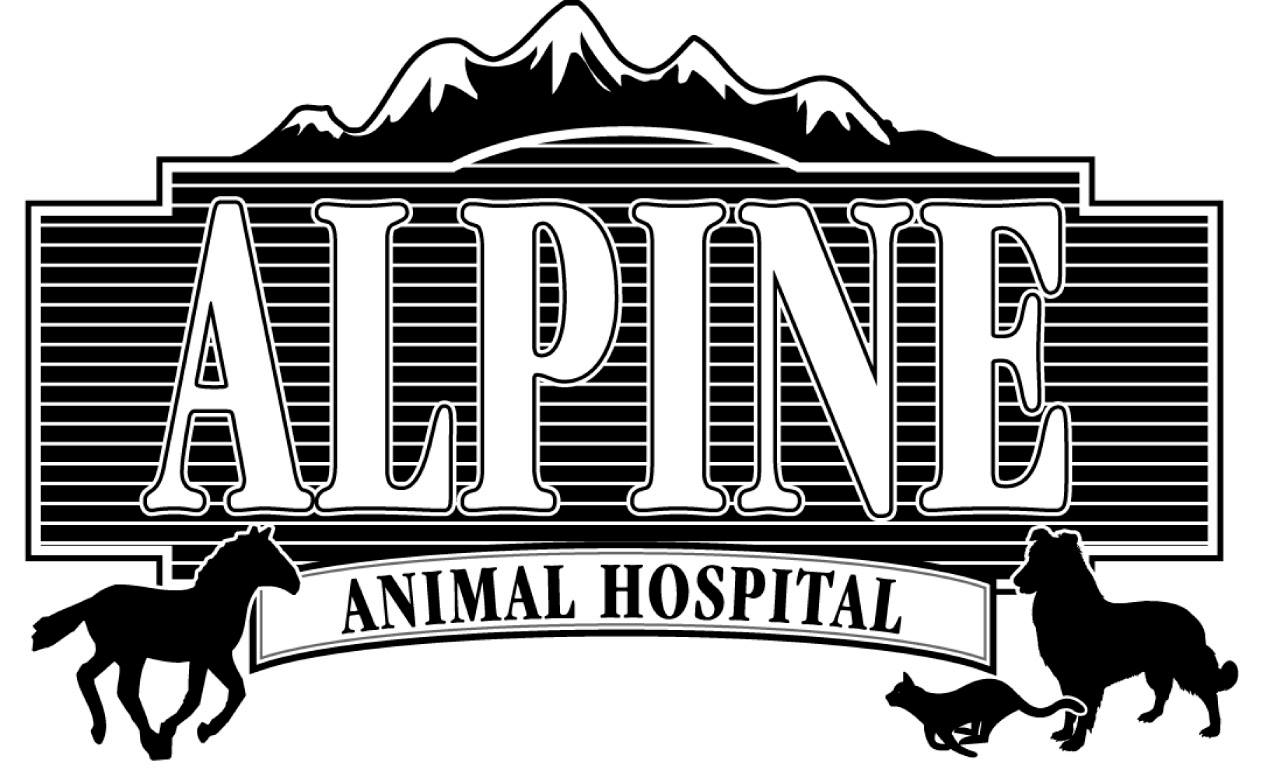ASK A VET

Dr. Kevin Morrell at Alpine Animal Hospital in Whitefish
answers your questions every Thursday at 5:30 p.m on Kool 105.1!
Submit your questions by calling (406) 257-5665 or fill in the form below.
The ASPCA Animal Poison Control Center (APCC) is your best resource for animal poison-related emergencies—24 hours a day, 365 days a year. APCC works hard to provide valuable information to help parents recognize and protect their pets from poisonous substances, and last year they received an incredible 180,639 cases! In honor of National Animal Poison Prevention Month, they’ve compiled the ten toxins most commonly ingested by pets—and reported to APCC. See what made the list below:
10. Garden Products. Kicking off the Top 10 list are garden products, including herbicides and fungicides, which accounted for 2.6% of the APCC’s cases in 2016. Many pets find fertilizers irresistible, so it’s incredibly important to store lawn and garden products out paws’ reach, and to supervise pets whenever they’re outside.
9. Plants. Dropping one spot this year from #8 to #9, plants accounted for 5.2% of APCC’s cases. Both indoor and outdoor plants, along with bouquets, can be dangerous for pets. Be sure to understand the toxicity of plants before putting them in or around your house.
8. Rodenticides. Mice and rats continue to be problematic around the country, but rodent poisons can be just as toxic to pets as they are to the pests they’re designed to kill. This year they moved up a spot on APCC’s list, making up nearly 5.5% of all cases.
7. Insecticides. Interestingly, the total number of insecticide cases has steadily decreased in recent years—sliding from #3 in 2015 to #7 in 2016—but that doesn’t mean they’re safe! If label directions are not followed, these products can be very dangerous to pets, so always use caution when dealing with insect poisons.
6. Chocolate. From brownies to candy bars, dogs love chocolate! APCC receives an average of 39 chocolate calls every day—nearly 7.9% of their cases. The darker the chocolate, the more dangerous it can be.
5. Household Items. Holding strong in the #5 spot, household items includes products like paint, glue and cleaning supplies—and they contribute to tens of thousands of poison cases each year.
4. Veterinary products. At 9.3% of this year’s cases, veterinary products moved up two places on our list. Over-the-counter supplements for joints and prescription pain medications made up a large portion of these cases, particularly because many of these products are designed to be tasty for ease of administration. Unfortunately, this means that pets may be tempted to eat the entire container.
3. Food. Pets (especially dogs, who ingest human foods more often than cats) can get into serious trouble by eating onions, garlic, grapes, raisins, alcohol and other human foods. This year, food moved up a spot on APCC’s list—mostly due to concerns about xylitol, a sweetener used in many sugar-free products.
2. Over-the-counter products. OTC products just barely dropped out of the first position with 16.7% of APCC’s cases. This category is exceptionally large, encompassing nearly 7,000 products, and ibuprofen is still the number one medication the APCC receives calls about.
1. Human Prescription Medications. Topping out this year’s list after a one-year hiatus, human prescription medications accounted for nearly 17% of all cases at the APCC. The types of medication to which animals were most often exposed correlate with the most popular medications prescribed to humans, including heart medications, antidepressants and ADHD medications. Pet parents should always maintain the utmost care when handling and storing these and other potentially poisonous products around pets.




